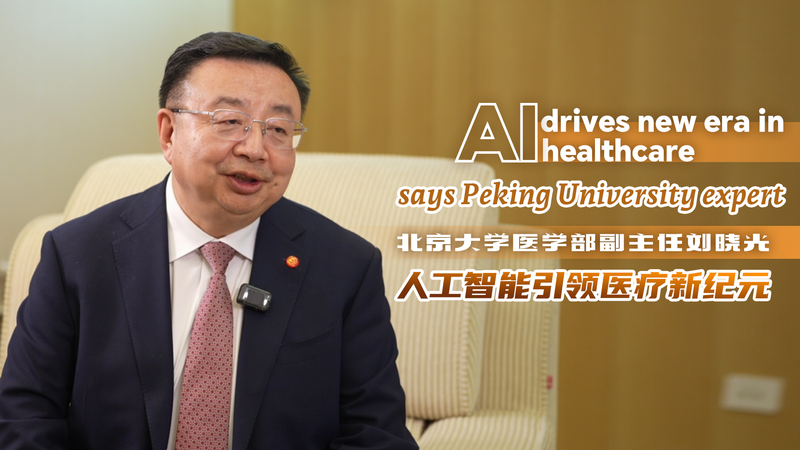At the recent Beijing Forum held in the Chinese mainland capital, Peking University Health Science Center vice president Liu Xiaoguan declared that artificial intelligence (AI) is driving what he calls the "fourth industrial revolution" in healthcare.
"AI and big data are steering us away from treatment-centered care toward a full life-cycle approach that integrates prevention, therapy, rehabilitation, and long-term health management," Liu told attendees. This shift, he explained, is powered by intelligent systems capable of collecting and analyzing health data at an unprecedented scale.
From the operating room to the home front, AI is enhancing patient outcomes in several key ways:
- Precision Surgery: Innovative AI-driven tools improve surgical safety and accuracy, paving the way for less invasive procedures and faster recovery.
- Data-Driven Policies: Large-scale health data analytics give policymakers real-time insights into public well-being, enabling smarter, evidence-based public health strategies.
- Empowered Patients: Intelligent apps and platforms equip individuals and families with personalized health and rehabilitation guidance, reducing the need for frequent hospital visits.
According to Liu, these advancements would have been impossible using traditional methods alone. By combining algorithms with live data streams—from wearable devices to electronic health records—medical teams can detect risks earlier, tailor treatments more precisely, and monitor progress continuously.
As AI continues to evolve, its real-world impact on healthcare could ripple far beyond hospital walls, ushering in an era where prevention, treatment, and long-term well-being are seamlessly integrated.
For the global community of business, tech and healthcare professionals, Liu's insights highlight a future in which AI not only augments medical expertise but also fosters collaboration across sectors, cultures, and borders.
Reference(s):
AI drives new era in healthcare, says Peking University expert
cgtn.com




